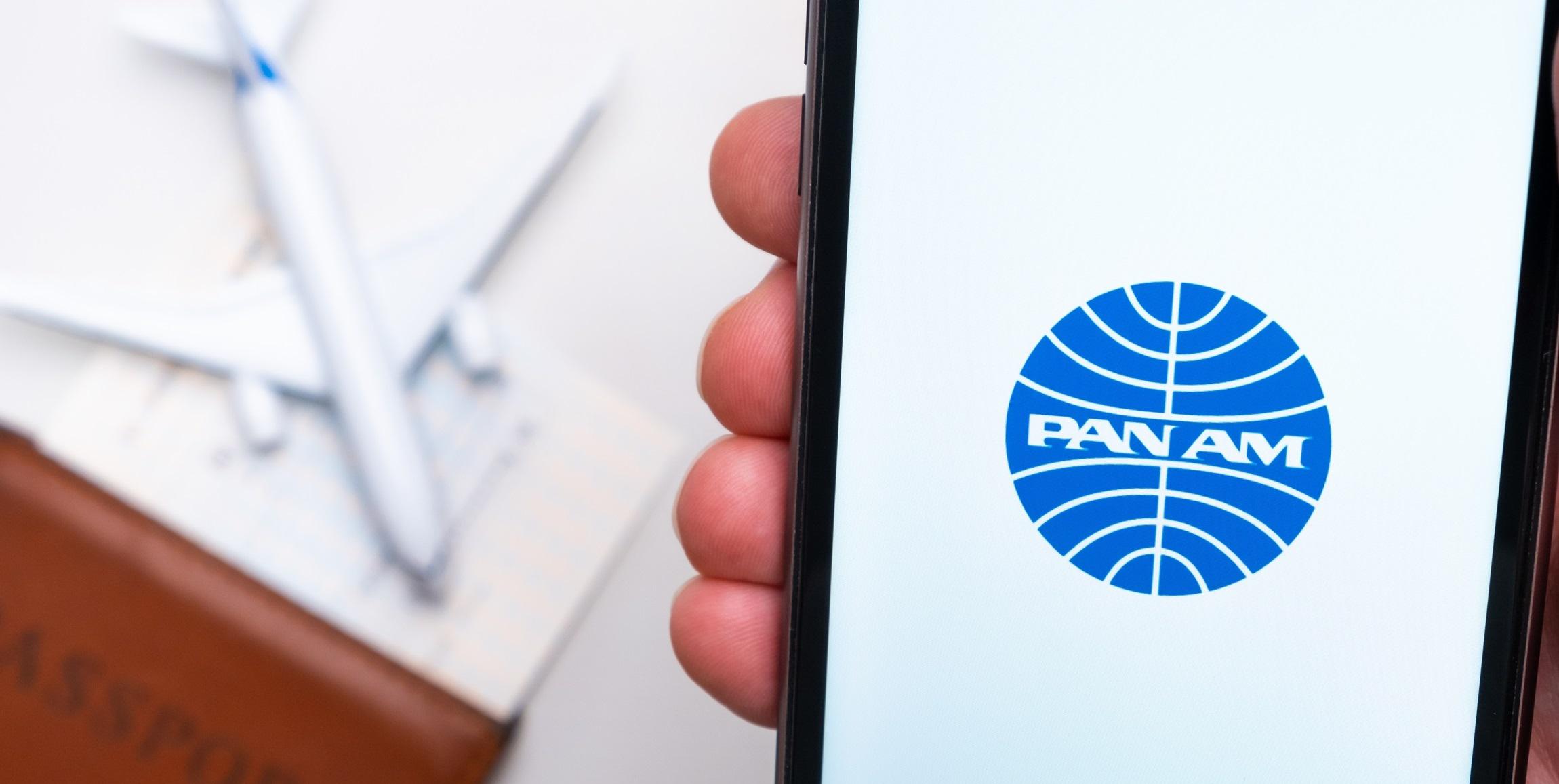9 best hotel review sites for business travelers

Imagine landing in a major city at 10 p.m. for a pitch the next day, only to discover the “quiet” hotel you booked sits beside a popular nightclub that’s open until the early morning hours.
One glance at recent guest feedback (and a good set of earplugs) might have spared you this headache. With smartphones in every traveler’s hand, nearly every stay is documented—but spotting reviews you can trust is a challenge.
This guide walks you through the best hotel review sites, shows you how to read between the lines, and points you toward tools that keep surprises off your itinerary.
Why are hotel reviews important for business travelers?
No one, especially people who travel for work, has hours to sift through dozens of websites to make one decision about accommodations. A concise, trustworthy review streamlines decision-making and also reduces risk. Business travelers can’t afford to deal with glitchy Wi-Fi, navigate an unsafe neighborhood, or argue with sluggish front desks.
Recent reviews can reveal these red flags before they derail the trip. They also provide real-world context—guest photos and comments show what the property looks like today, not immediately after the 2018 renovation featured prominently on the booking page.
It’s also worth noting that many companies track traveler satisfaction scores. Sharing accurate post-trip feedback influences future preferred-hotel lists and negotiated rates, which helps hold corporate hoteliers accountable.
These days, most business travelers read reviews before booking. Fellow guests have become a critical part of due diligence. But you can’t know if what you’re reading is reliable unless the reviews come from a trusted site.
Top 9 hotel review sites
Here’s a look at the review sites that seasoned road warriors trust the most.
1. Engine Reviews
Engine integrates booking, policy controls, and verified guest feedback into one dashboard. Because only travelers who completed a stay can post, fake reviews rarely slip through. It’s especially ideal for corporate teams in need of policy-compliant accommodations.
When booking with Engine, you can see public hotel reviews and feedback from your colleagues. On the My Properties page, open the Reviews tab to read what others at your company thought about their stays. Use the Favorite function to book the same place again easily. Or if a stay doesn’t meet your standards, use the Hide function to remove that property from future searches.
2. TripAdvisor
TripAdvisor is a global travel community, hosting 859 million reviews that cover hotels, restaurants, and attractions. Its strength is volume—you can usually find feedback on even the tiniest boutique inn. TripAdvisor tries to stay on top of fake reviews, but be aware that some still sneak in.
3. Yelp
Best known for its restaurant reviews, Yelp also covers hotels, motels, and B&Bs. Its automated filter hides posts from users with little activity, catching many fake accounts. But since the site’s filter sometimes buries legitimate new reviewers, excellent properties may have lower scores than they deserve.
4. Expedia
Because Expedia ties comments to completed reservations, you’re reading the words of confirmed guests. The site even shows the room type booked, which is handy when you want to know if the upgraded “executive” floor is worth it.
For example, if a reviewer praises the short walking distance from the hotel to the convention center via the pedway, you can verify the accuracy via Google Maps. But one drawback is that users who cancel through the hotel rather than Expedia can occasionally review without staying.
5. Travelocity
A sibling brand in the Expedia Group, Travelocity shares the same verified-stay policy but presents information in a streamlined, mobile-first layout. Its emoji-style satisfaction icons make it easy to scan sleep quality, cleanliness, and location scores from a taxi queue. However, Travelocity does feature fewer total reviews than some other sites, so smaller cities may have limited data.
6. Booking.com
Booking.com is Europe’s go-to online travel agency (OTA), with more than 400 million verified reviews. It sends review reminder emails only after checkout, prompting travelers to share their thoughts while the experience is fresh. Just be aware that the reviews on Booking.com never expire, so it’s important to look at the time stamp. A 2019 complaint about slow elevators may be irrelevant after a 2024 renovation.
7. Airbnb
While Airbnb is primarily for short-term rental homes, the platform now lists some traditional hotel rooms and “Airbnb-friendly” properties with 24-hour desks. Both guests and hosts rate each other, creating a two-way accountability loop. When you’re making bookings, just make sure to check your corporate travel policies to see if Airbnbs are permitted—some may restrict them.
8. Trivago
Trivago aggregates prices and scores from dozens of OTAs, then displays a composite rating. Think of it as a meta-meta search—a quick pulse check before deeper research. It doesn’t host its own reviews, so you’ll click out to partner sites for details.
9. Google Reviews
If you type the name of a hotel into Google, you’ll see ratings, traveler photos, and searchable snippets like “strong Wi-Fi” or “thin walls.” Because Google ties each post to a chronologically tracked profile, serial spammers get shut out quickly. But some comments come from restaurant patrons or conference attendees who haven’t stayed overnight, so skim for “length of stay” clues.
Book better business trips with Engine
Engine brings together verified hotel reviews, negotiated corporate rates, and policy checks in one easy-to-use platform. You can favorite properties you love, hide the ones you don’t, share feedback with colleagues, and book your stay—all without opening a second tab. That means fewer clicks, fewer surprises, and a smoother trip for every traveler on your team.
Ready for a smoother, stress-free trip? Sign in to Engine and find a stay that actually lives up to the reviews.
FAQs
How do online reviews help when choosing a hotel?
Guest reviews turn marketing claims into lived experiences. They reveal details like room sizes, Wi-Fi strength, and noise levels—all the info the brochures gloss over. For instance, several Google Reviews flagged slow elevators at New Orleans’ Roosevelt Hotel during Mardi Gras 2025, prompting event planners to switch to a property with express lifts. These types of insights narrow choices quickly, reducing the odds of post-check-in regret.
What are the downsides of online hotel reviews?
Not every star rating tells the truth. Paid “review farms” have written glowing praise for properties they never visited, while ex-employees sometimes post revenge rants.
Reviews can also age poorly—management changes, renovations, or pandemics can flip a hotel’s fortunes overnight. That’s why it pays to focus on recent, detailed feedback and compare good and bad reviews on a trusted source like Engine.
How do travel sites ensure the authenticity of their hotel reviews?
Verification methods vary. Expedia, Travelocity, and Booking.com only allow travelers with completed reservations to post. Google cross-checks activity across its ecosystem; sudden bursts of five-star ratings from new accounts raise flags. TripAdvisor mixes automated filters with a 24-hour human moderation window.
Engine goes a step further, matching reviews to actual hotel folios and blocking no-shows from commenting. But despite the safeguards, vigilance matters—no matter which review site you use, read reviewer histories and look for consistent themes across sites.












.avif)

.avif)




![How to Get the Best Hotel Deals and Rewards [Infographic]](https://cdn.prod.website-files.com/66a41388b1be9ba182f1e80c/66a41388b1be9ba182f1f257_Windsor_Hotel_-_in_winter.avif)








.jpg)











